
Sciences & Technology
The danger of surveillance tech post COVID-19
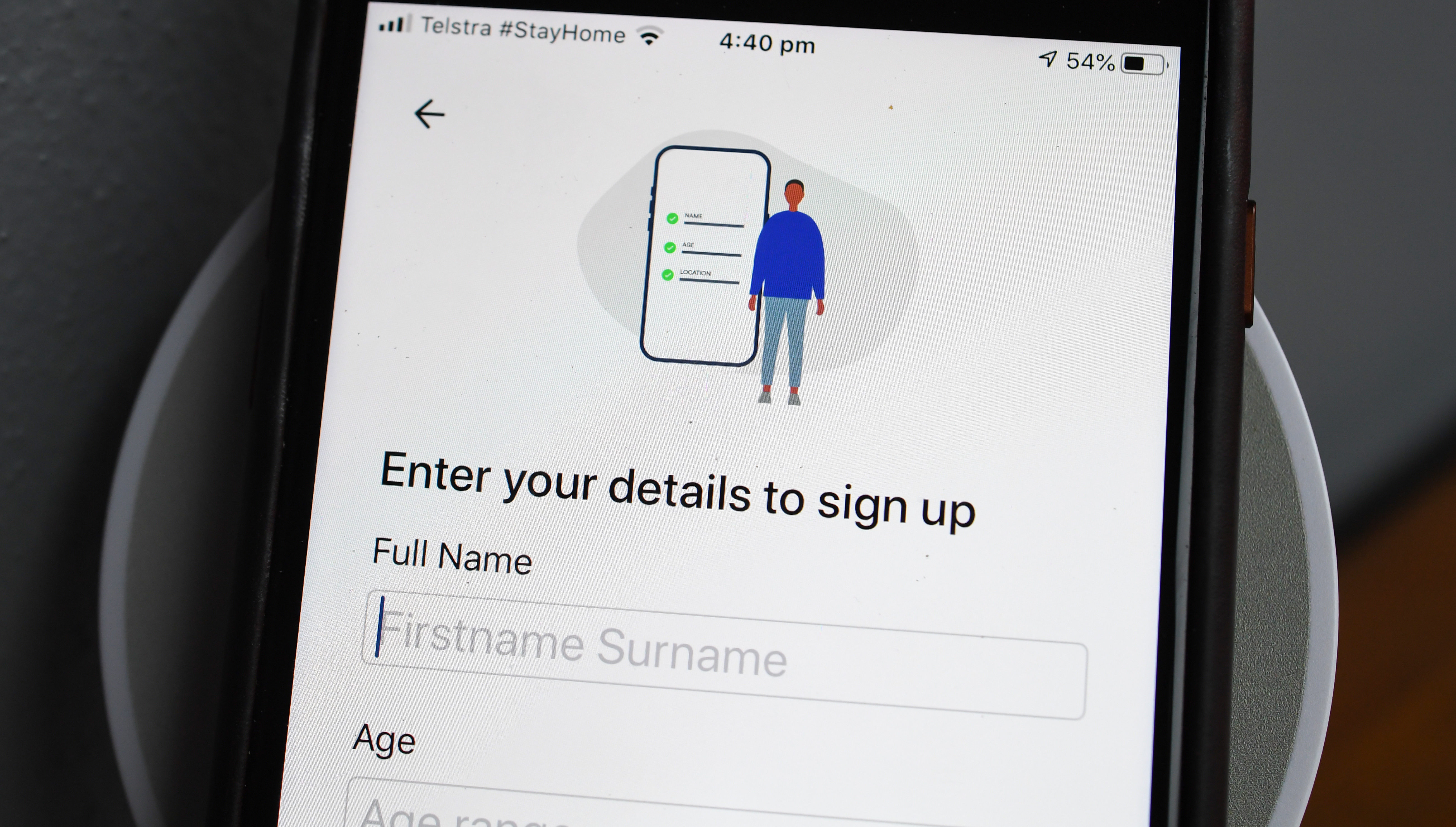
Despite public support, the COVIDSafe app failed to reach its download target. So, what are the implications for future policies that need citizens to share information?
Published 4 February 2021
Australia’s success in fighting COVID-19 has received praise the world over – however, not all of our COVID-19 strategies proved effective at stopping the virus’ spread.
Border closures, social distancing, travel restrictions, and mask wearing have undoubtedly helped suppress the virus.
But the same can’t be said for Australia’s COVIDSafe app.
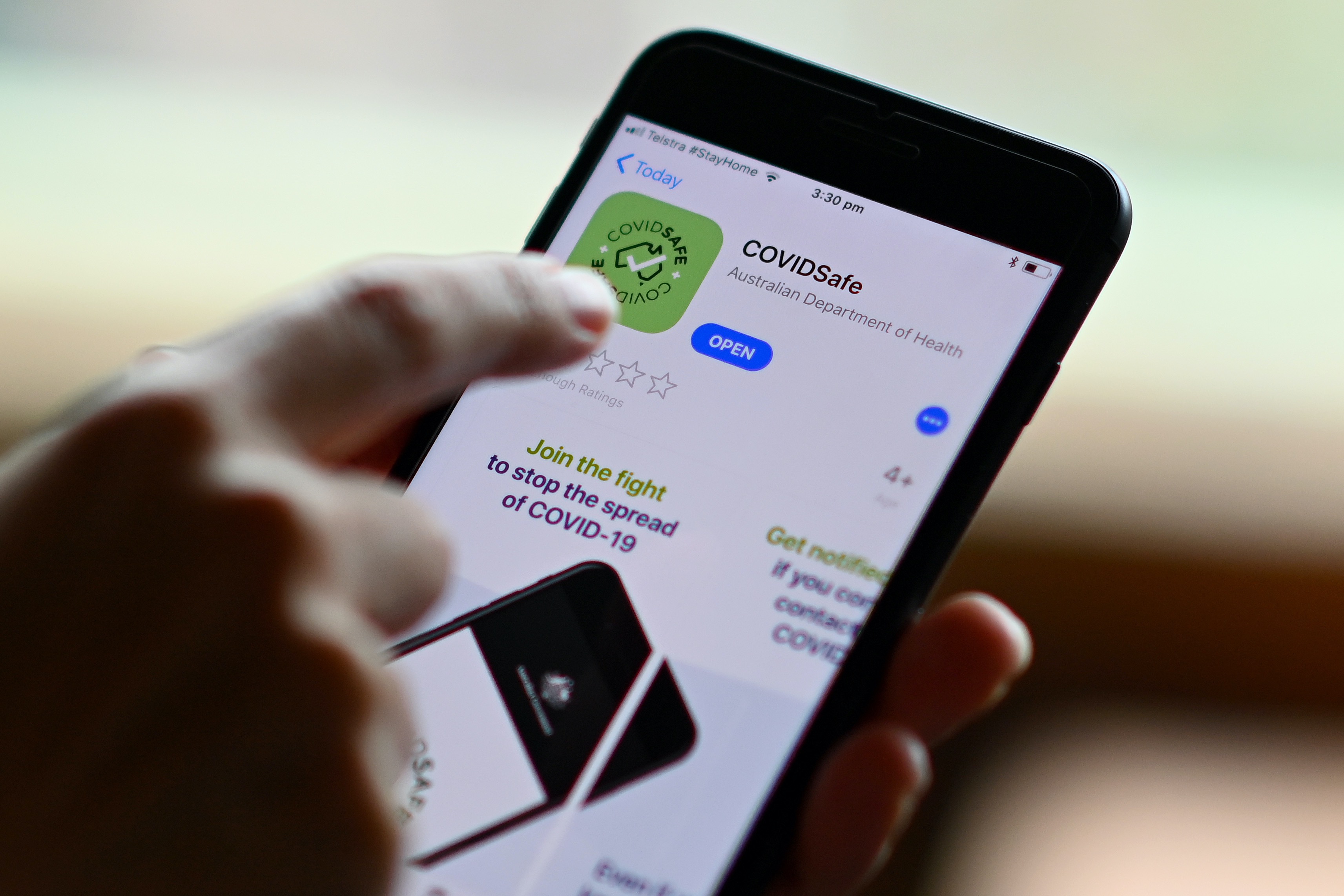
Millions of Australians downloaded COVIDSafe upon its release in April 2020, however, app usage never reached the target of 40 per cent of the population.
Australians’ response to the COVIDSafe app reveals something fundamental about our attitudes towards data privacy.

Sciences & Technology
The danger of surveillance tech post COVID-19
When giving up private information, people engage in a ‘Privacy Calculus’ to judge if the perceived cost (our private data) is worth the perceived benefit (our nations’ health).
Newly published research led by the University of Melbourne sampled 4,245 Australians in four nationally representative surveys to gauge how people calculate these privacy tradeoffs.
The results show that over the course of 2020, Australians were consistently very concerned about the health of others.
As information about COVIDSafe became available, concern about the app’s risks decreased (people’s self-reported level of concern tended to fall from “a lot” down to “slightly”); however, so too did people’s view of the perceived benefits of downloading the app (falling from “moderate” down to “slight”).
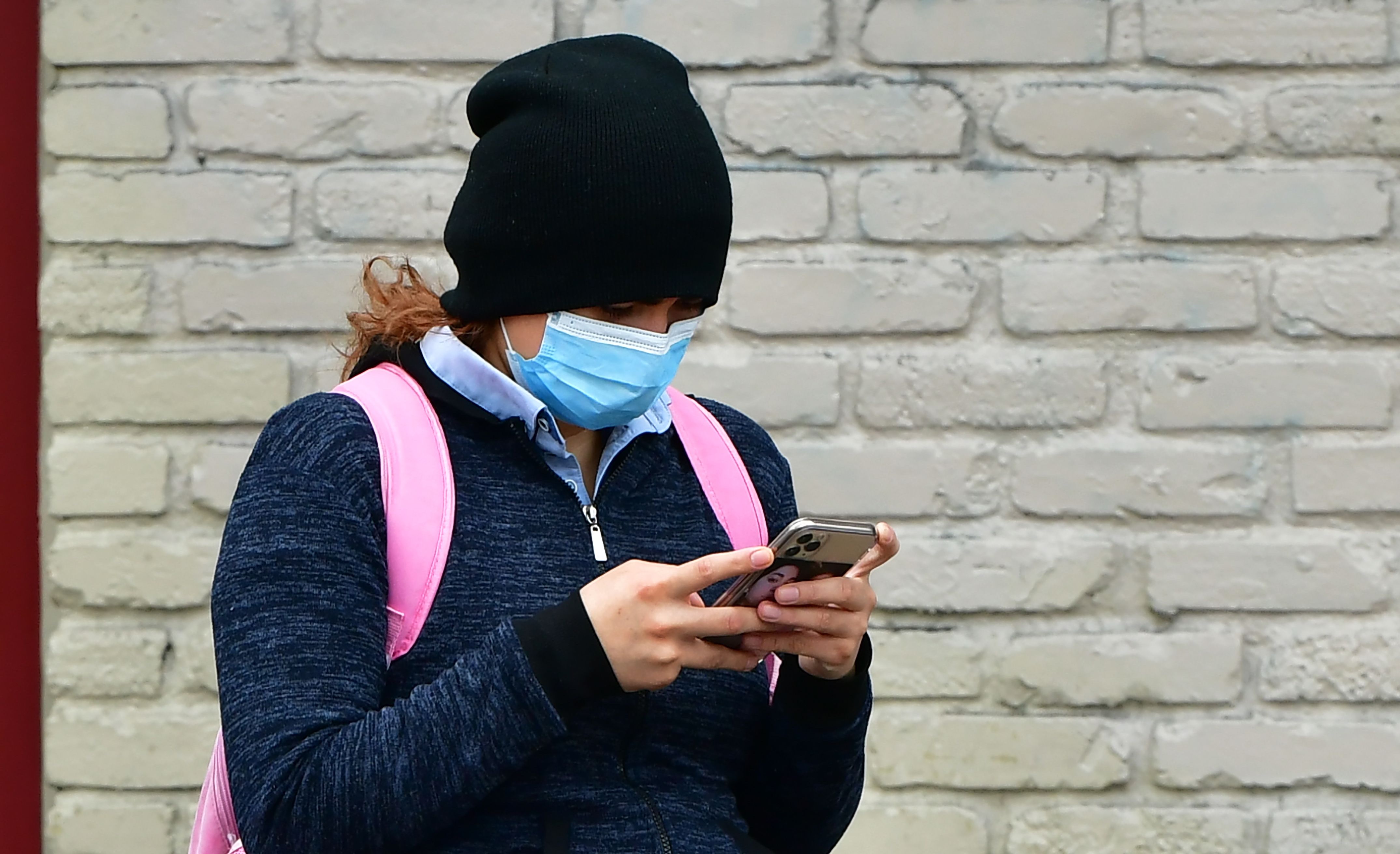
Although 70 per cent of surveyed Australians were willing to download an app like COVIDSafe at the start of the pandemic, only 44 per cent of those surveyed had downloaded the app by June 2020 when COVID-19 cases hit a national low.
So, did the benefits stop outweighing the costs?
At first, it may appear COVIDSafe downloads were entirely dependent upon COVID-19 case numbers – the more cases, the more people appreciated the benefits of having the app, but as cases fell so too did the perceived importance of the app.

Sciences & Technology
The privacy paradox: Why we let ourselves be monitored
Indeed, as cases declined following lockdown measures, Australia’s media coverage increasingly questioned the contribution of COVIDSafe, possibly further decreasing people’s motivation to download the app.
But our results show also that Australians care deeply about their data privacy.
We asked people what their attitudes would be to an app like COVIDSafe if it were accompanied by additional privacy measures – like a ‘sunset clause’ that ensures data is deleted after six months, or a local storage option where data remains on the user’s phone and isn’t shared with the government.
We found that intentions to download increased from 70 per cent to 73 per cent and 87 per cent, respectively.
Furthermore, Australians who stated that they would never download COVIDSafe, listed privacy as their top concern.
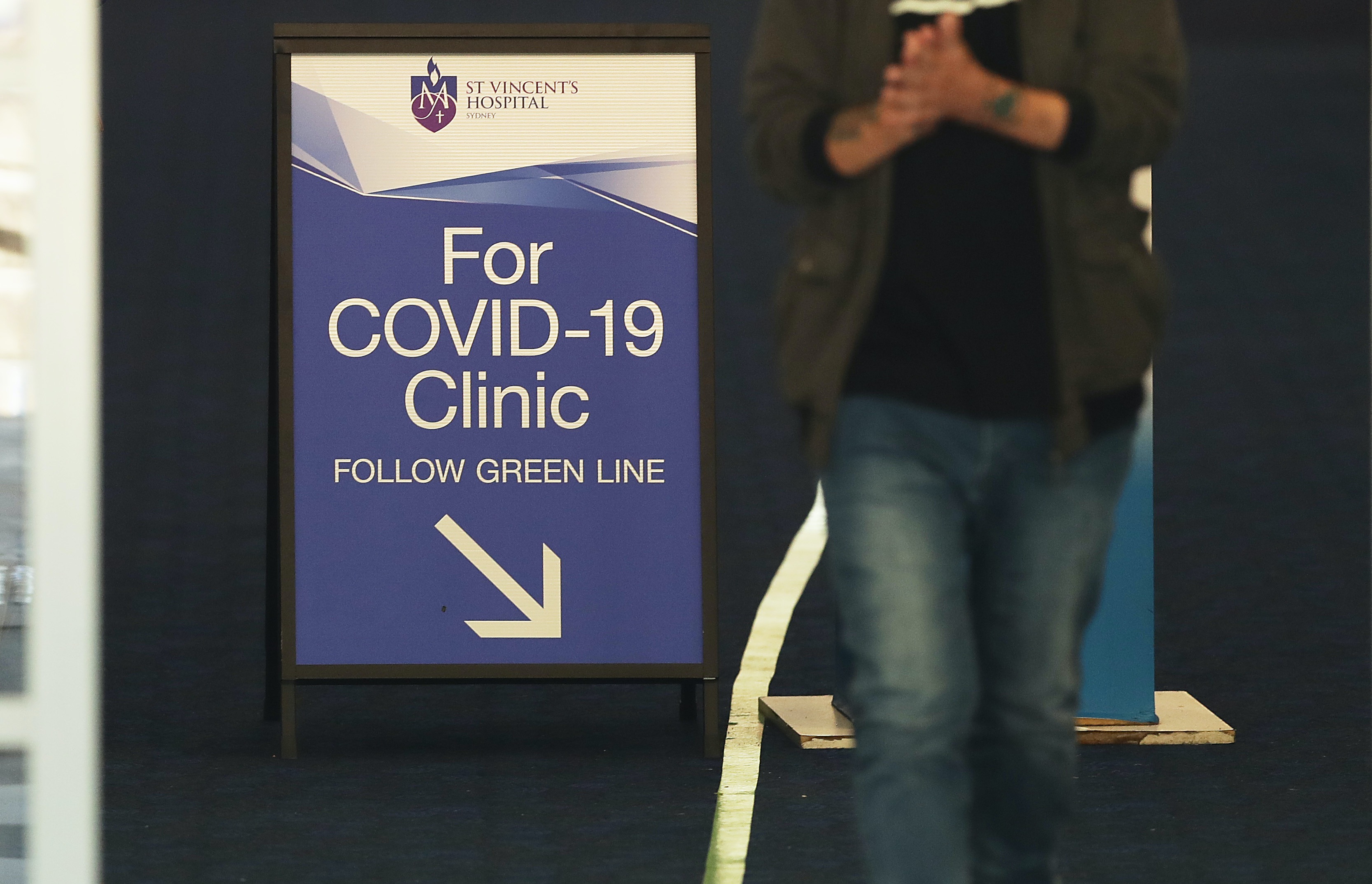
Indeed, compared to COVIDSafe, the broader uptake of Australia’s State QR-scanning policies may have partially been driven by the in-built privacy feature that deletes data after 14 days.
So far, there have been no reported privacy breaches involving the COVIDSafe app, which suggests that some public attitudes against using COVIDSafe may have been clouded by misinformation.

Health & Medicine
The science of supporting others
When asked what technology COVIDSafe actually uses to register nearby phones, 70 per cent of app users correctly reported ‘Bluetooth’ technology; however, this dropped to just 39 per cent among non-users, some of whom thought it used ‘GPS’ technology (29 per cent) or simply ‘did not know’ (28 per cent).
Furthermore, a quarter of non-users didn’t try to inform themselves on how the app actually worked, reporting that they :didn’t need convincing” in making their decision to never download COVIDSafe – a startling statistic that highlights the potential power of misinformation.
COVID-19 has challenged Australia’s complex attitudes towards data privacy.
While many Australians were weighing the perceived costs and benefits of sharing their contact history with the health department, they were also blithely posting to Facebook, sharing a zoom call or providing a QR-scanner with their details over lunch.
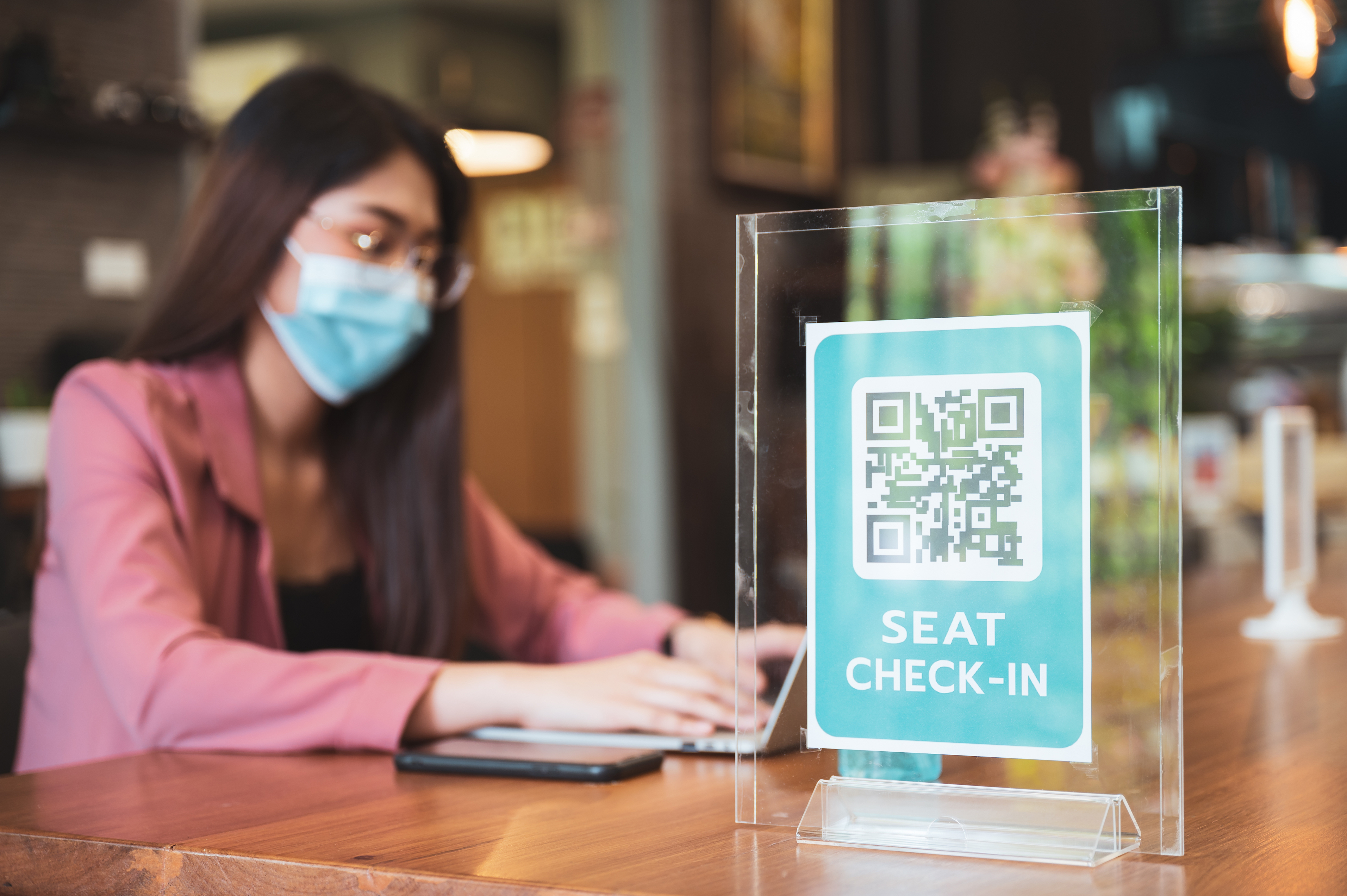
Appropriately, Australia’s privacy laws are currently under review, and there has never been a better time to question your data privacy habits, and what the Australian Government can do to preserve your privacy online.
To these ends, a recent Government report, to which Melbourne’s Complex Human Data Hub contributed, examined Australia’s changing attitudes towards data privacy.

Sciences & Technology
Do devices help us regulate our emotions?
The report finds that trust in the Australian Government is at an all-time high but warns this trust may diminish as restrictions ease and non-voluntary COVID-19 policies come under consideration.
For example, CCTV is being used to monitor individuals in public venues during lockdowns, and proposals have been made to use credit card data to trace people who visit known hotspots.
Transparency and accountability in these COVID-19 tracking strategies are key to maintaining the trust necessary for Australia to see out our next major COVID-19 policy – the national vaccine rollout.
So, what did COVID-19 teach us about Australian’s attitudes to data privacy, and what do policymakers need to consider?
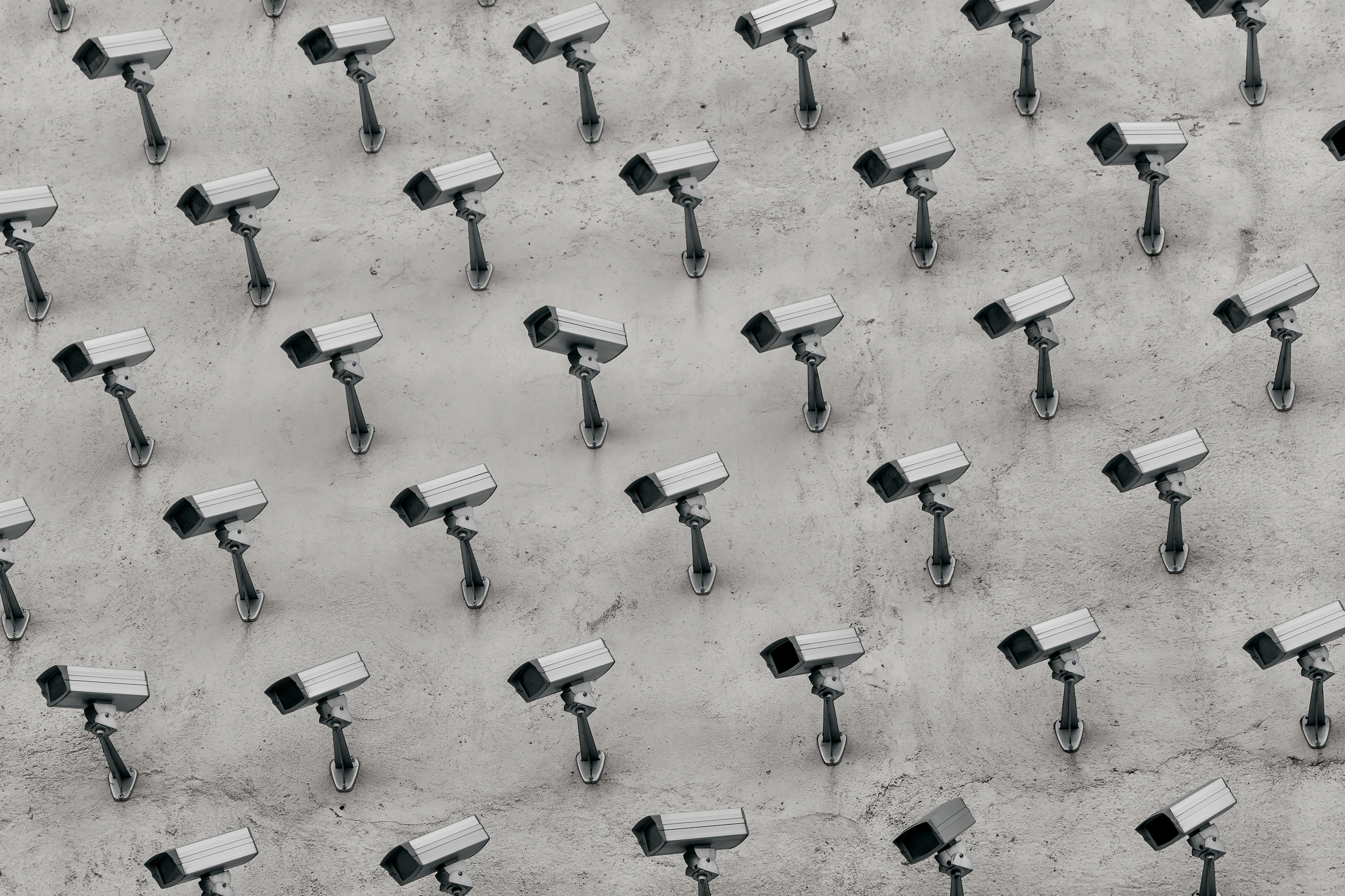
Australians value their data privacy, and will actively choose to preserve their privacy with time limits and opt-out clauses, if and when they can.
In a crisis, Australians are willing to sacrifice their personal data to save others’ lives, even those they don’t know.

Health & Medicine
Sorting fact from fiction in a post-truth world
Many Australians who are against sharing their data with the government are concerned about data privacy; however, misinformation may play an important role in their decisions.
Combatting misinformation with transparent and accountable decision making and including appropriate measures to support privacy, will be key to maintaining the trust Australian’s have now placed in their government and to ensure the success of our future health policies.
In this way we can make sure that ‘Big Brother’ is actually a not-so-scary ‘Little Brother.’
Banner: Getty Images